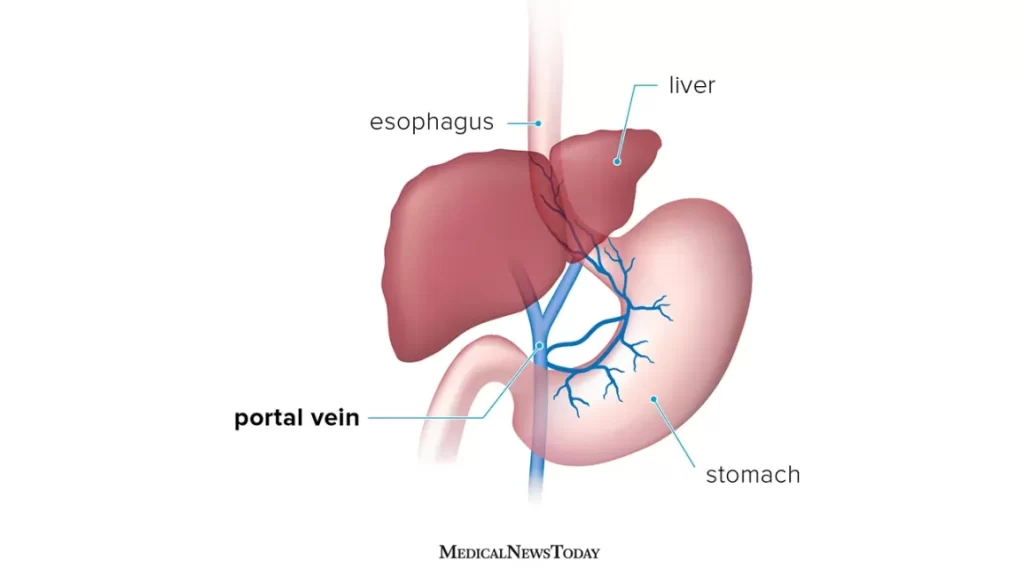- :+91 - 89402 62058, +91 76392 89213
- Agilkarai Street, Tirumayam, Tamil Nadu 622507
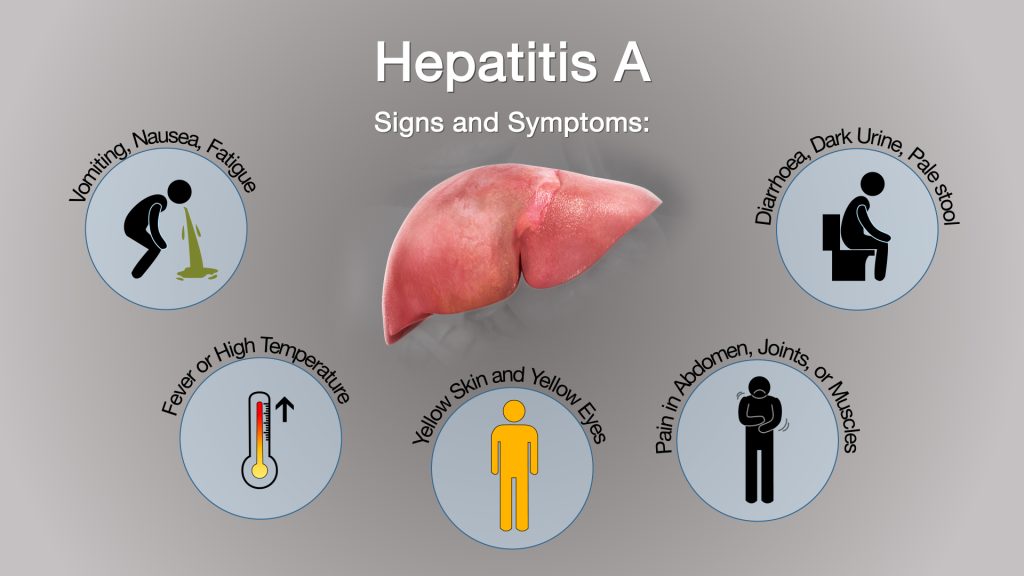
Hepatitis treatment
"Hepatitis treatment depends on the specific type of hepatitis and its stage. Antiviral medications are commonly used for hepatitis B and C, aiming to suppress viral replication and reduce liver inflammation. Lifestyle modifications, including a healthy diet and avoiding alcohol, are essential for supporting the liver's recovery. Regular monitoring of liver function and, in some cases, liver transplantation for severe liver damage, are part of a comprehensive treatment approach. Consult with a healthcare professional for personalized hepatitis treatment plans tailored to your specific condition. #HepatitisTreatment #LiverHealth"
Cirrhosis Management
"Cirrhosis management is a comprehensive approach aimed at slowing disease progression and improving the quality of life. Lifestyle modifications, including a healthy diet, regular exercise, and alcohol abstinence, play a crucial role. Medications are prescribed to manage symptoms and complications such as fluid retention and nutritional deficiencies. Regular monitoring through liver function tests and imaging helps track disease progression, enabling timely interventions. Advanced cases may necessitate liver transplantation evaluation. Our expert team at [Your Clinic/Hospital Name] is dedicated to providing personalized cirrhosis management plans, emphasizing holistic care and ongoing support. Take the first step towards liver health today. #CirrhosisManagement #LiverHealth"


Non-Alcoholic Fatty Liver Disease (NAFLD) and Non-Alcoholic Steatohepatitis (NASH) Treatmen
The treatment approach for Non-Alcoholic Fatty Liver Disease (NAFLD) and its more severe form, Non-Alcoholic Steatohepatitis (NASH), involves lifestyle modifications, medical management, and addressing underlying risk factors
Alcoholic Liver Disease Treatment
Combatting Alcoholic Liver Disease (ALD) involves a multifaceted approach for comprehensive care. The primary focus is on complete alcohol cessation, forming the cornerstone of treatment. Medical interventions, including medications to manage complications like cirrhosis or alcoholic hepatitis, play a crucial role. Nutritional support, regular monitoring of liver function, and addressing complications contribute to a holistic treatment plan. Behavioral counseling and participation in alcohol rehabilitation programs aid in achieving and maintaining abstinence. In severe cases, liver transplantation may be considered. Our dedicated team is here to guide you through personalized ALD treatment, fostering recovery and optimal liver health. Take the first step towards a healthier future. #ALDTreatment #LiverHealth

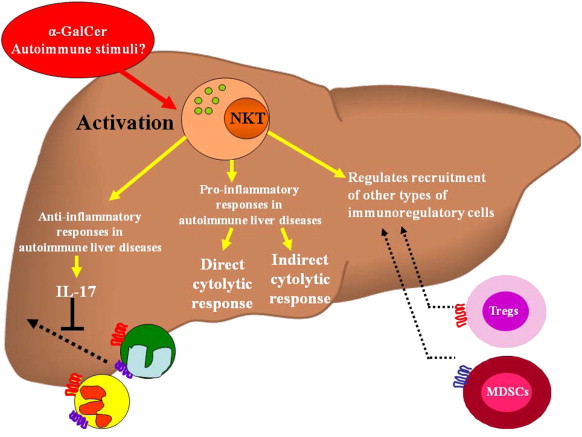
Autoimmune Liver Diseases
Autoimmune liver diseases are conditions in which the body's immune system mistakenly attacks healthy liver cells, leading to inflammation and damage. Two common autoimmune liver diseases are autoimmune hepatitis (AIH) and primary biliary cholangitis (PBC).
Hereditary liver disorders
"Hereditary liver disorders are genetic conditions that impact the normal functioning of the liver, often stemming from inherited genetic mutations. These disorders can manifest in various ways, leading to liver damage and complications.
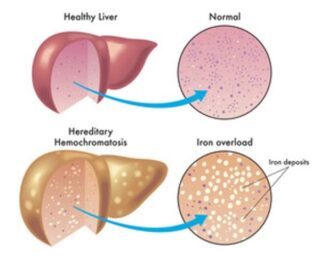
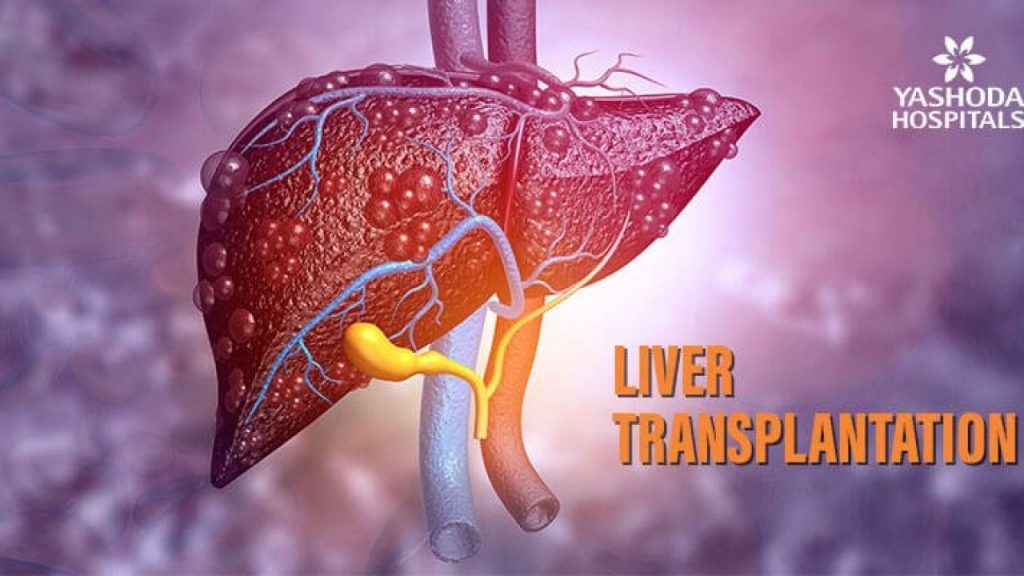
Liver Transplantation
Liver transplantation is a medical procedure in which a diseased or damaged liver is replaced with a healthy liver from a deceased or living donor. This complex and life-saving surgery is typically considered when other treatment options are no longer effective in managing liver disease or failure.
Viral Hepatitis Prevention
"Preventing viral hepatitis is achievable through vaccination, emphasizing the importance of Hepatitis A and B vaccines. Promote consistent handwashing and safe water, reducing the risk of hepatitis A and E transmission. Advocate for safe injection practices to prevent hepatitis B and C, and stress the importance of safe sex with barrier methods. Education and awareness campaigns empower communities to recognize risks and adopt preventive measures. Regular screening, especially for high-risk groups, ensures early detection and intervention, a key strategy in the fight against viral hepatitis.
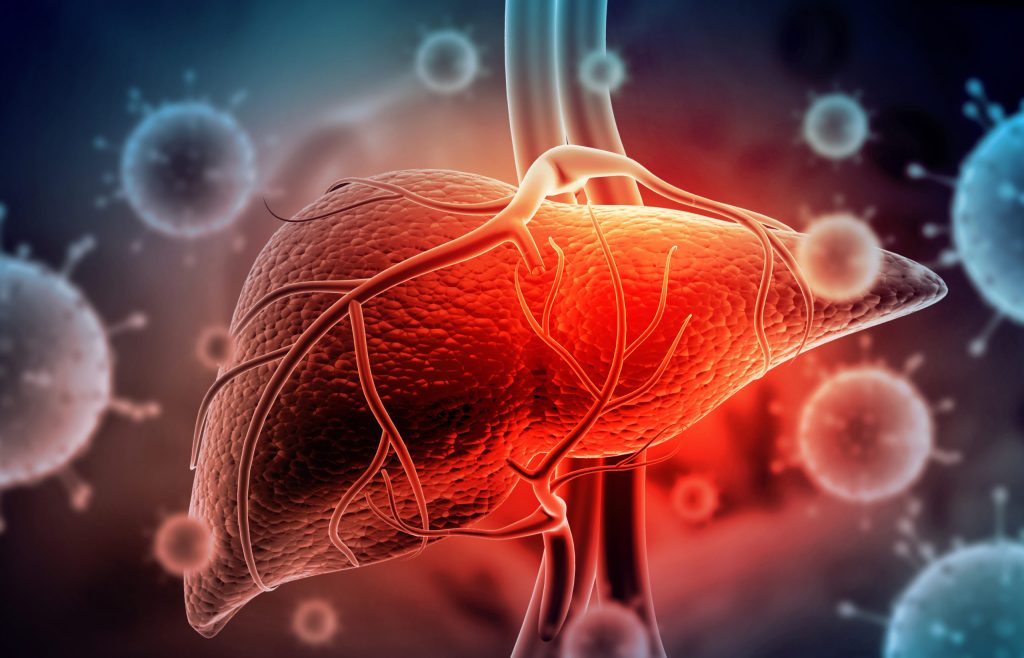
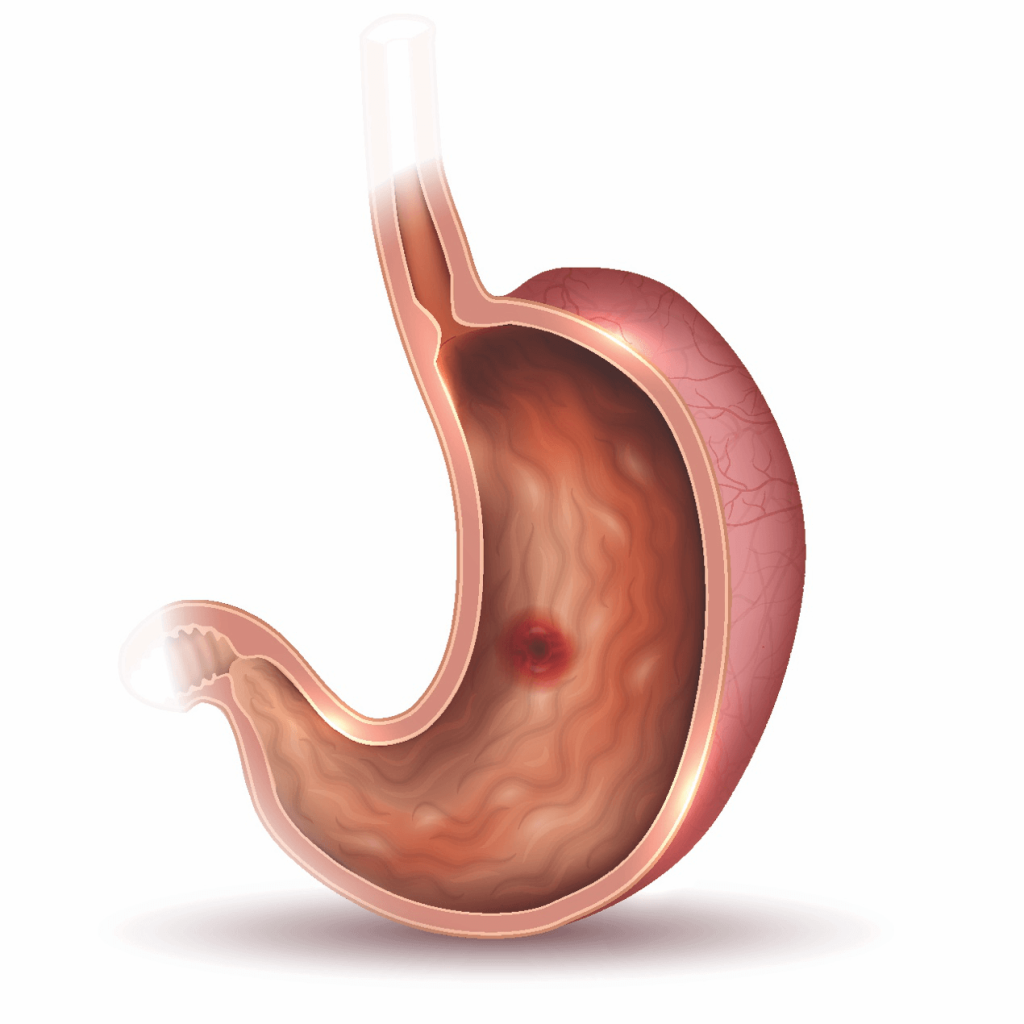
Gastrointestinal Bleeding
Gastrointestinal bleeding refers to bleeding that occurs in the digestive tract, affecting organs such as the esophagus, stomach, small intestine, or colon. This condition can range from mild to severe and may present as overt bleeding (visible in vomit or stool) or occult bleeding (not visible). Common causes of gastrointestinal bleeding include peptic ulcers, gastritis, diverticulosis, and colorectal polyps. Symptoms may include black or bloody stools, vomiting blood, weakness, and abdominal pain.
Portal Hypertension Management
"Effectively managing portal hypertension is vital for individuals with increased portal vein pressure, often associated with liver cirrhosis. Strategies include medications like beta-blockers to lower pressure and prevent variceal bleeding, endoscopic procedures such as band ligation to address esophageal varices, and, in severe cases, Transjugular Intrahepatic Portosystemic Shunt (TIPS) for redirecting blood flow. Ascites is managed with diuretics and, when necessary, paracentesis. Regular monitoring and, if appropriate, liver transplantation contribute to comprehensive portal hypertension care
